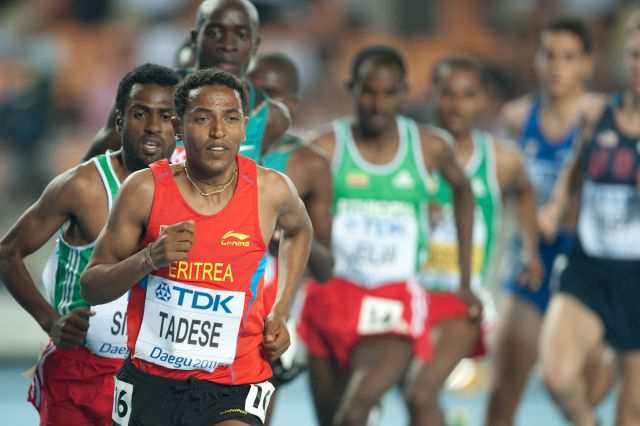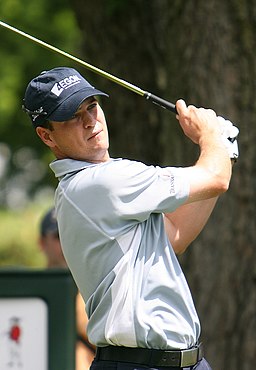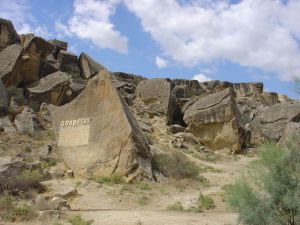Review of the week: 21 – 26 July 2015
Chris Froome was spat at and reportedly had urine thrown at him as he pedalled to his second victory the Tour de France. The British rider defied the small number of hostile spectators and was the King of the Mountains as well, the first rider to win both titles since Eddie Merckx in 1970. There were ten Britons in the race, the largest contingent for sixty years, who won three stages, including a shock triumph for Steve Cummings in the colours of the African-based team MTN-Qhubeka. But Germany finished as the top stage-winning nation for the third consecutive year – four of its six were claimed by the sprinter Andre Greipel. His rival, Peter Sagan of Slovakia, collected the green jersey for the fourth time but, just like last year, he managed to do it without taking a single stage.
It was also a successful Tour for Colombia, for whom Nairo Quintana finished second in the general classification and rode home in the white jersey for best young rider. At the BMX World Championships, his compatriot, Mariana Pajon (below) won the time trial and there were three cycling gold medals for the country at the Pan American Games. A nation’s strength in cycling is often influenced by urban planning policy and a reason for Colombia’s high performance seems to be Ciclovia, a tradition in which many roads are closed to cars every Sunday. Some of the locals take the opportunity to roller skate and Colombia also topped the medal table in roller sports at the Pan American Games.
Usain Bolt brought a period of poor form to a dramatic end with victory in the 100m at the London Diamond League event. A new Jamaican talent, Elaine Thompson, made an impact by setting a meeting record in the 200m. At the Pan American Games, despite both events taking place at the same time, Rasheed Dwyer set a new Games record in the men’s 200m. There was evidence that, if anything, Jamaica has too much strength in depth, as three of its sprinters changed nationality to compete for Bahrain instead. Jamaica had a good week in football too as it reached its first final of the CONCACAF Gold Cup, losing 3-1 to Mexico, which was awarded the trophy for the seventh time.
But neither Colombia nor Jamaica had it all their own way. They were both eclipsed at the Pan American Games by their Canadian hosts. Canada won an unprecedented 78 gold medals in all, including eleven in cycling, to finish as the second best nation overall. Its track star, Andre De Grasse, completed a sprint double, relegating Dwyer to silver. Unlike Chris Froome, its athletes and cyclists received enthusiastic home support and those fans were rewarded with the chance to see their heroes standing on the podium.
Next week: World aquatics (diving, synchronised swimming, water polo) and archery















